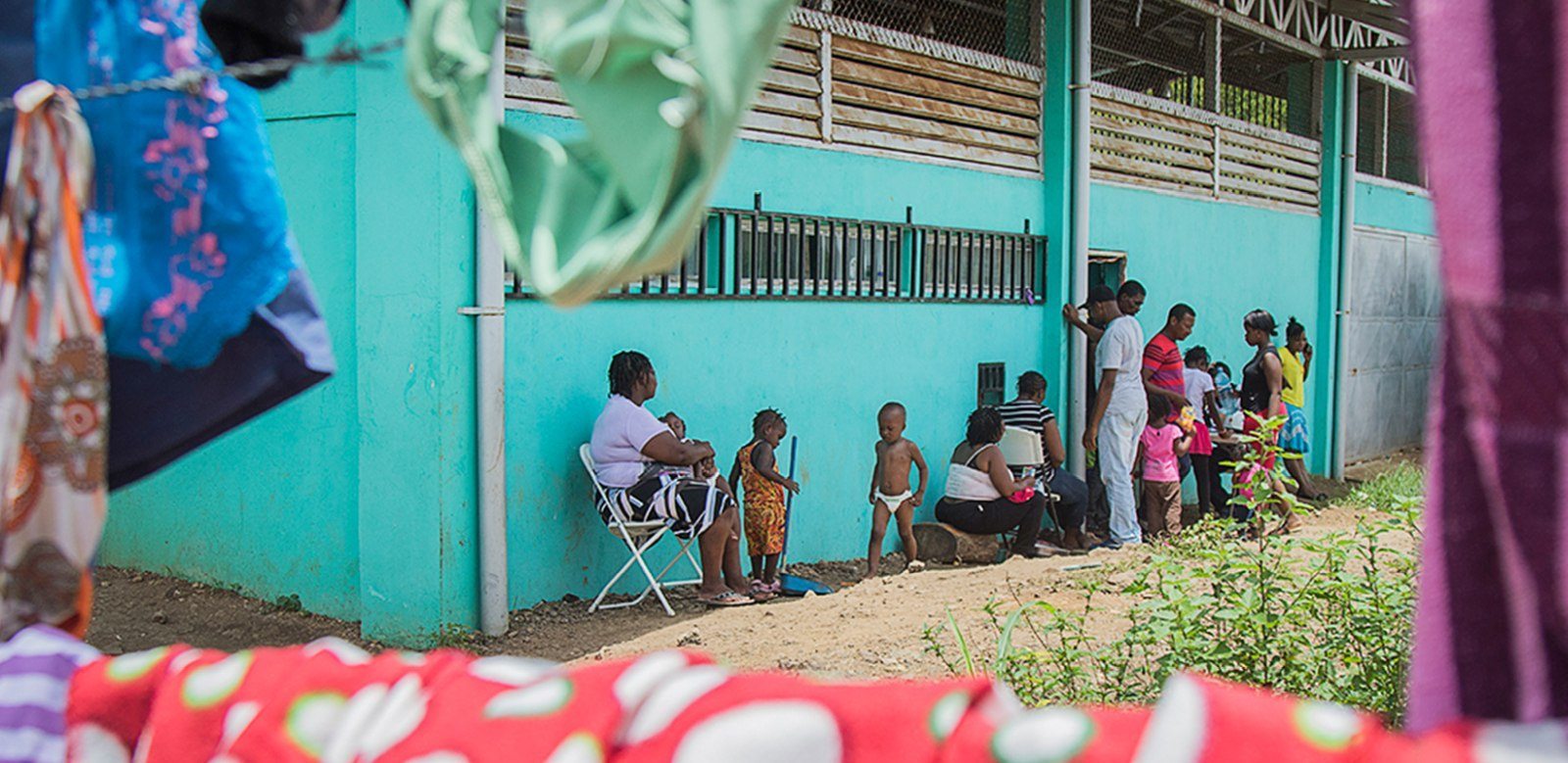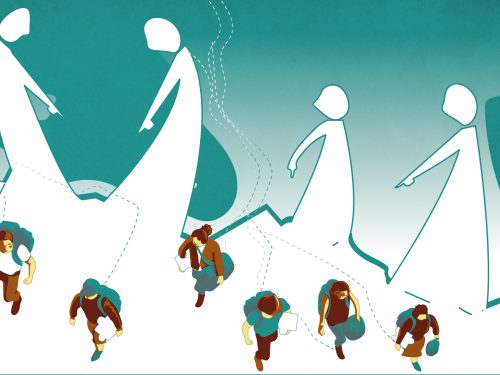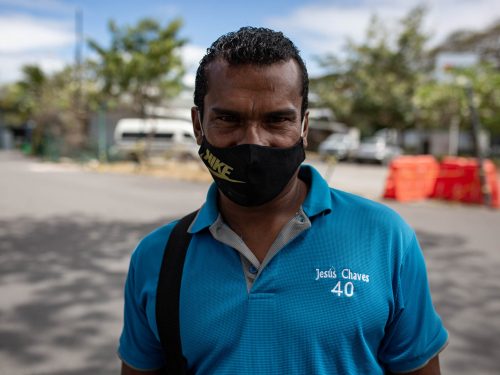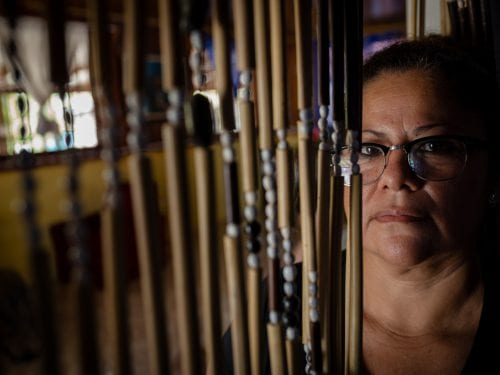
You can help meet the needs of the migrants who have been gathering at this point at the northern border of Costa Rica, in the canton of La Cruz.
More than 2,000 people need donations such as diapers, sanitary pads, toilet paper, powdered milk for children and nonperishable food, since they are currently living in extreme poverty conditions in two formal shelters and one informal one in Peñas Blancas in the canton of La Cruz.
To get donations to the migrants, it is best to leave them at the Red Cross in La Cruz (Phone
2679-9146) or in Liberia (2666-5972). Leaving them in other Red Cross offices would defeat the purpose since they have no way to take them to the border, according to Red Cross officials in Nicoya and San Jose.
If you want to contribute with cash donations or by volunteering, the head of the municipal emergencies committee, Oscar Cid, provided his phone number for inquiries: 8877-8707.
Cid recommended using the Red Cross channel to deliver donations since taking them directly to the shelters can cause conflicts among migrants. He also recommended not donating clothes or shoes, because although many need these items, most packets that arrive are not enough for everyone, which also triggers conflicts.
The government set up a shelter in the community of Las Vueltas, 20 kilometers from the Nicaraguan border, which currently takes in more than 300 people per night. There, they are provided with food, potable water and electricity.
Extreme Poverty
During a three-day visit, The Voice of Guanacaste observed that many of the migrant children do not have diapers, the women do not have sanitary pads and sometimes there is not enough food for everyone. Although the Red Cross provides them with primary care, many come with problems in their legs and feet from walking barefoot through the jungle for so long.
“They keep coming from the south. Meeting their needs is becoming increasingly more complex,” Cid commented.
Although the relationship between the migrants and the neighboring community has not caused confrontations, some complain about the bad smell from the public toilets or the mere presence of the new people in town.
Training neighbors and helping them become aware of the situation currently faced by these migrants is an orphan task that could also be adopted by the better-informed people in the community who want to help.
“I feel that, due to racism and for other reasons, people in the community distance themselves instead of helping these migrants, although there are also committed people,” said the priest in La Cruz, Orlando Figueroa.
The other official shelter is located in the community of El Jobo, where about 60 people are housed. However, the former Deldú parking lot, which is next to the Peñas Blancas border, is the unofficial shelter where the greater number of people have gathered.
Some 1,100 migrants stay there still, although they still do not have running water or electricity, although the Emergencies Commission said that they are working on giving them these minimum sanitation conditions.
The EBAIS clinics in nearby communities have also received orders to take care of them in cases of illnesses.







Comments